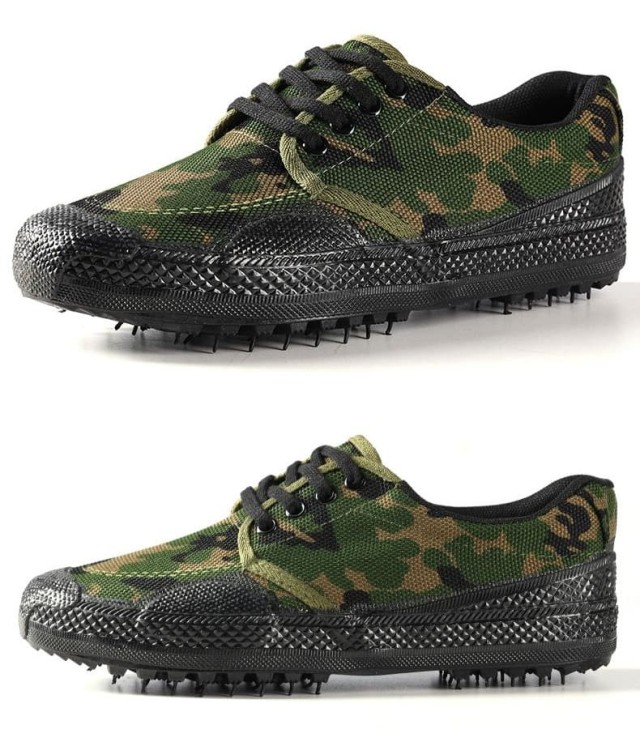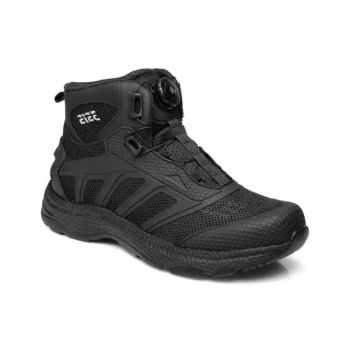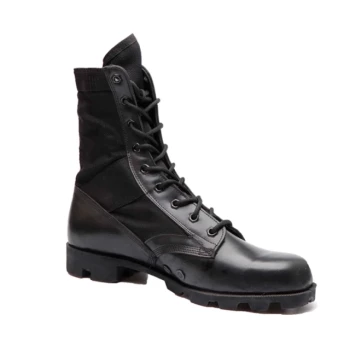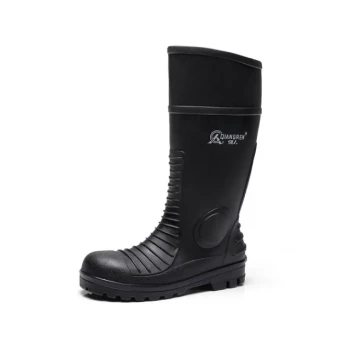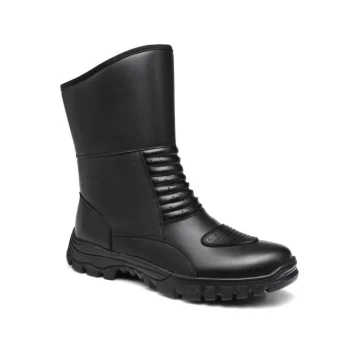When manufacturers need durable, heat-resistant molds for vulcanized footwear, aluminum consistently outperforms alternatives. This article explores the material science behind aluminum’s dominance, compares it to steel and plastic lasts, and reveals how industry leaders leverage its properties for superior shoe quality.
The Critical Role of Last Materials in Vulcanization
Vulcanization—a process where rubber soles bond to uppers under extreme heat—demands lasts that won’t warp, degrade, or unevenly distribute heat. Aluminum’s unique properties make it the gold standard.
Heat Resistance: A Non-Negotiable Property
Vulcanization requires sustained temperatures nearing 170°C (338°F). Aluminum lasts:
- Maintain structural integrity under repeated heat cycles
- Resist oxidation better than steel, reducing maintenance costs
- Avoid melting or deforming risks associated with plastics
Thermal Conductivity’s Impact on Shoe Quality
Even heat distribution ensures consistent curing, preventing weak spots in the sole. Aluminum’s high thermal conductivity:
- Minimizes hot/cold zones in the mold
- Reduces vulcanization time by ~15–20% compared to less conductive materials
- Enhances sole adhesion for longer-lasting footwear
Aluminum vs. Alternatives: A Technical Breakdown
Steel Lasts: Overkill or Liability?
While steel withstands heat, its drawbacks include:
- Heavier weight, increasing energy costs during production
- Slower heat transfer, leading to uneven curing
- Prone to rust, requiring frequent replacements in humid environments
Plastic Lasts: When Cost-Cutting Backfires
Plastic molds may seem economical but fail under vulcanization demands:
- Low melting points risk deformation at high temperatures
- Poor heat distribution causes inconsistent sole bonding
- Short lifespan—replacement costs negate upfront savings
Industry Validation and Lessons Learned
Case Study: Failed Experiments with Composite Materials
A European brand attempted carbon-fiber lasts to reduce weight but faced:
- Delamination after due to resin breakdown
- 30% higher defect rates from uneven heat dispersion
- Reversion to aluminum within 8 months
How Leading Brands Optimize Last Selection
Top manufacturers prioritize aluminum for:
- Scalability: Withstands 10,000+ cycles without degradation
- Energy efficiency: Faster heat-up times cut production costs
- Quality control: Fewer defects mean higher profit margins
Ready to Elevate Your Footwear Production?
3515 combines decades of manufacturing expertise with advanced aluminum last technology to deliver durable, high-yield footwear solutions for distributors and brands. [Contact our team] to discuss optimizing your vulcanization process.
Key Takeaways
- Aluminum’s heat resistance and conductivity make it ideal for vulcanization.
- Steel and plastic lasts introduce cost or quality trade-offs.
- Industry leaders rely on aluminum for efficiency and consistency.
Related Products
- Wholesale Safety Footwear Manufacturer for Bulk & Custom OEM Orders
- Wholesale Customizable Safety Boots Durable & Protective Footwear Manufacturing
- Customizable Anti-Smash Safety Boots for Wholesale & Private Label Manufacturing
- Custom Wholesale Leather Safety Boots Direct Factory Manufacturing
- Wholesale Durable Safety Boots Manufacturer Customizable Steel Toe Work Boots
Related Articles
- How to Prevent Foot Discomfort Without Sacrificing Safety in Steel Toe Boots
- How to Choose Steel Toe Shoes That Balance Safety and Comfort
- Steel Toe vs. Composite Toe Boots: How to Choose the Right Safety Footwear for Your Job
- How Steel Toe Shoes Meet Safety Standards and Prevent Workplace Injuries
- How Steel Toe Shoes Prevent Injuries: The Science Behind Workplace Safety
